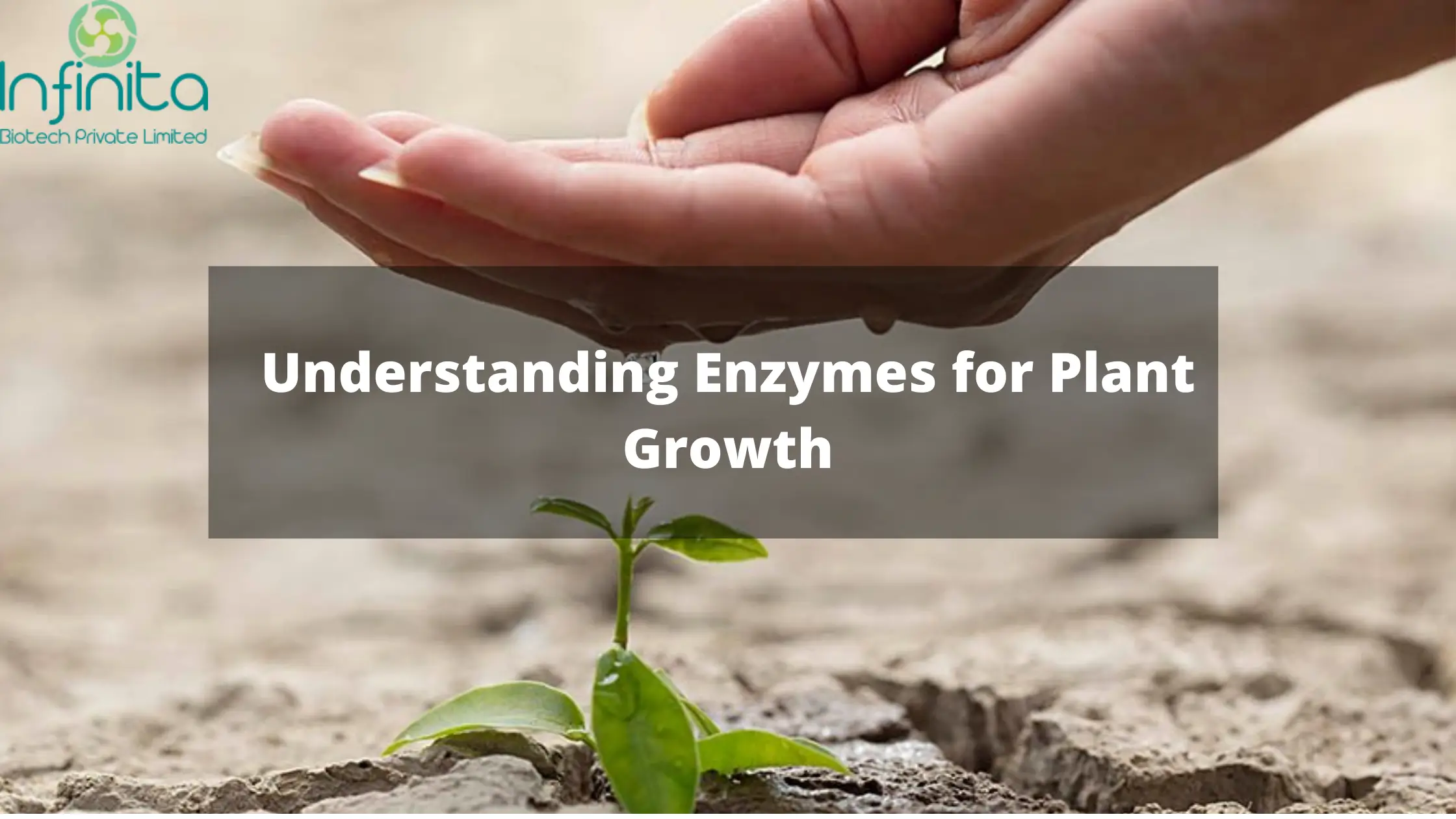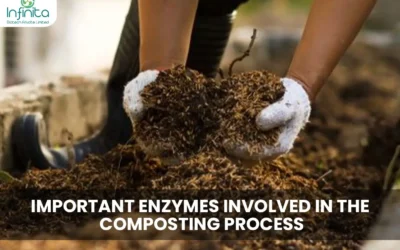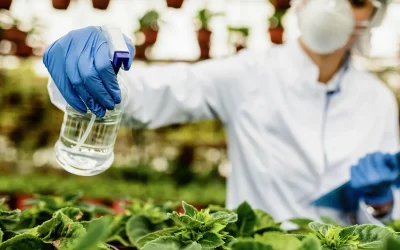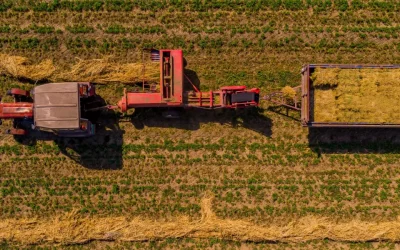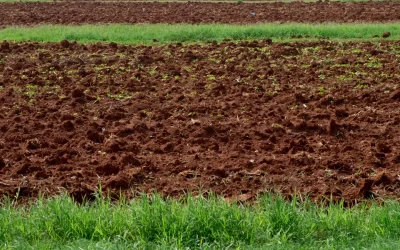Soil contains enzymes that interact with the surrounding soil constituents. These include minerals, nutrients and rhizosphere among numerous others. Enzymes are biocatalysts that speed up essential biochemical reactions for plants and rhizobacteria while stabilizing the soil by degrading wastes and contributing to nutrient recycling.
The Benefits of Enzymes for Plant Growth
The nutritional quality of the soil can be improved by introducing enzyme-producing microbes or agricultural enzymatic formulations along with adding manure and fertilizer to it. Proteases when added to soil, degrade proteins in it and increase the amount of available nitrogen in the soil, thus improving the soil fertility. When urease is added to the soil, it increases bioavailable nitrogen levels that are beneficial for plant nutrition. Introducing enzymes to the soil promotes rhizobacteria that promote plant growth while reducing dependence on harmful chemical fertilizers and improving crop yield at the same time.
Soil enzymes also play a crucial role in the remediation of soil. Soil gets polluted in many ways and through impurities like heavy metals, polyphosphate rocks, urea, starch and cellulose residues. Contrary to popular belief the animal and plant fats are also not easily absorbed by plants either. Enzymes and selected microbes synergistically break down these residuals into compost, quickly making the soil fertile. These nutrients are now readily available for the plants as nutrition.
Agricultural Enzymes- Sources
The source of soil enzymes can be microbes, plants, and animals. There are numerous enzymes found in the soil. The main among them are dehydrogenases, hydrogenases, oxidases, catalases, peroxidases, lipase, phosphatase, nuclease, phytase, amylase, cellulase, xylanase, dextranase, glucosidase, galactosidase, invertase, proteinase, peptidase, glutaminase, amidase, urease, inorganic pyrophosphatase, adenosine triphosphatase, aspartate decarboxylase, and glutamate decarboxylase among several others. Commercially these enzymes are sourced from microbe cultures of both fungi and bacteria. Though bacterial cultivation is an easy process compared to fungi, fungi have a larger portfolio of enzymes that can work in extreme conditions.
Types of Enzymes for Plant Growth
Enzymes help in soil conditioning and make it nutrient-rich. Some key enzymes that are particularly beneficial include amylase, lipase, cellulase, phosphatase, urease, phytase and chitinases.
1. Amylase
Amylases are widely found in soil and are essential for a range of activities. Amylases break down complex polysaccharides like starch into simpler forms of sugar or glucose that are readily absorbed by the plants and promote growth.
2. Phosphatase
The phosphatase agricultural enzymes hydrolyze organic phosphorus compounds to inorganic phosphorus compounds. The latter is essential for enriching phosphorus in soils that lead to better fertility. Phosphatase can work in a broad range of pH and temperature and work both in acidic and alkaline soils.
3. Lipase
Lipases are enzymes that break down lipids and fats, animal or vegetable sources into simpler forms making it easier for plants to absorb. They also assist in the seed germination process by hydrolyzing the triacylglycerols into fatty acids. These fatty acids are in turn converted to simple sugars that provide the nascent plant embryo with sufficient nutrition.
4. Phytase
Phytase enzymes hydrolyze phytic acid into inorganic usable phosphorus. It also releases soluble zinc, iron and other nutrients beneficial to plant life like Myo-inositol, Myo-inositol phosphate, and inorganic monophosphate.
5. Urease
Urease is considered a very important enzyme for plant nutrition. It hydrolyzes urea into carbon dioxide and ammonia, both of which are essential for plant nutrition.
6. Cellulase
Cellulase enzyme hydrolyzes cellulose present in the form of crop residue into simpler forms and sugar that are readily absorbed by the soil. Cellulose is abundantly found in the soil and its breakdown provides the much-needed nutrients to the soil.
7. Chitinases
Chitinases have a whole other way of working as enzymes for plant growth along with promoting plant growth. These enzymes work on fungus species that are detrimental to plant health. These enzymes destroy the fungus and protect the host plant from attack by breaking down the fungal cell wall made of chitin.
Conclusion
Soil enzymes and select microbes play a key role in plant growth. They render nutrient-rich soil, decrease composting time, build plant immunity against fungus and reduce the use of chemical fertilizers. They are increasingly being used in organic farming. They help increase crop yields and provide healthy organic food options to humanity.
